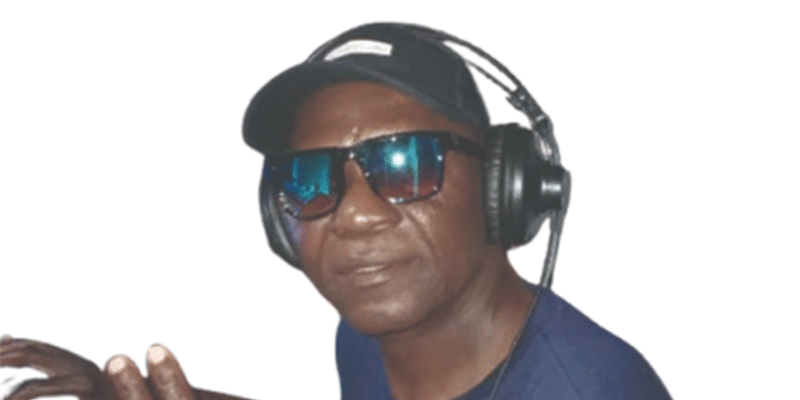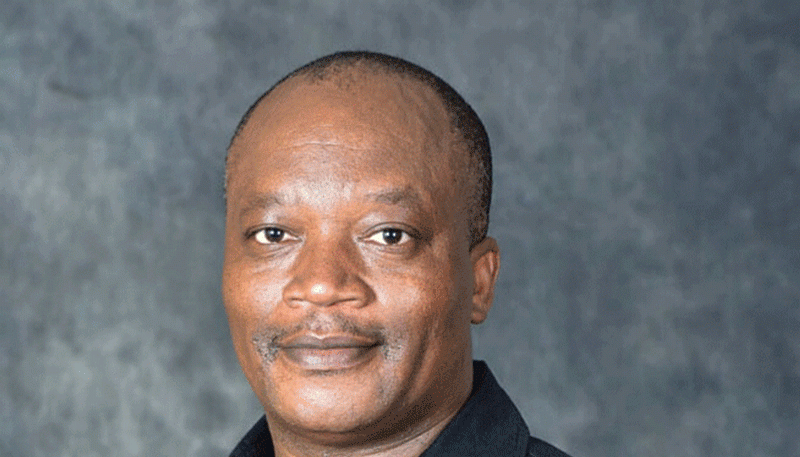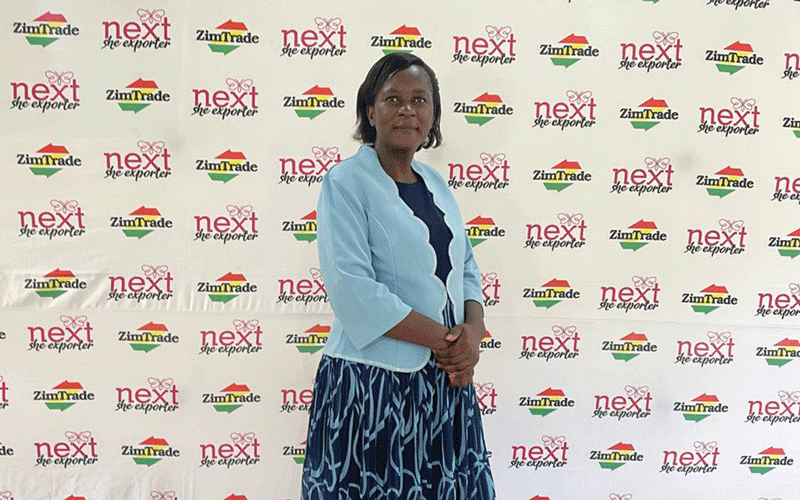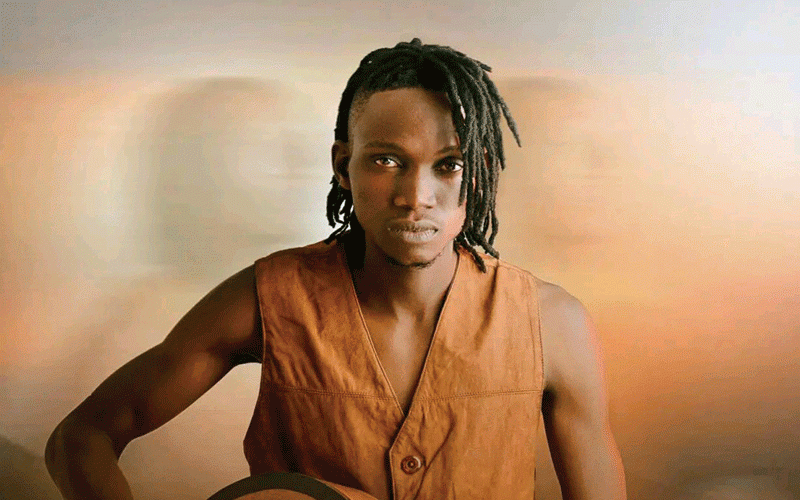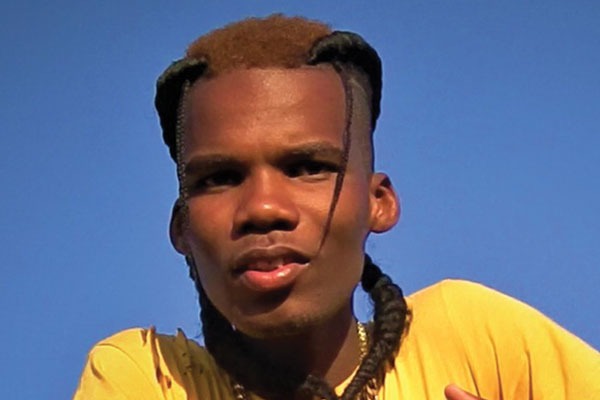
Tafadzwa Kachiko
TINOTENDA Chikombeka, popularly known as Diego Tryno (DT) in music circles, is a young, emerging urban contemporary and hip hop artiste who seems to be gaining a lot of traction in the southern African region although little is known about him locally. NewsDay (ND) Life & Style correspondent Tafadzwa Kachiko speaks to the artiste, who is also a chemical engineering student.
ND: Locally your name is not that popular. Why?
DT: Well, when I began my career, I did not push my name locally because back then family members forbade me from doing music. I tried very hard to make sure that my music never reached their ears.
ND: What got you into music?
DT: Passion, I repeat passion. I started singing at nine. Back then, my instrument was a mock guitar which I made using an empty oil tin and a twine. I played sungura music and usually imitated Alick Macheso’s tunes. I know the lyrics of most of his songs.
ND: But you are not singing sungura…
DT: Around 2012, I changed my genre to dancehall and I staged as Ricky D, a name I believed could become popular because I was one of the few youngest dancehall artistes at that time.
- Chamisa under fire over US$120K donation
- Mavhunga puts DeMbare into Chibuku quarterfinals
- Pension funds bet on Cabora Bassa oilfields
- Councils defy govt fire tender directive
Keep Reading
ND: If you didn’t become a musician, what would you be doing right now?
DT: As I grew up, I tried acting, dancing, poetry and eventually opted to focus on music. I was very passionate about the arts. If joining the music industry had failed, I was, therefore, going to be somewhere in the arts industry, the next Gringo, probably.
ND: What inspires your music style?
DT: Daily happenings influence my music very much; life struggles and happy moments. A person can share with me their life experiences or I observe and the next thing I create lyrics out of that. Most of the time I take people’s problems as mine and this has helped me to craft lyrics that impact people’s lives.
ND: What is your favourite part about this line of work as well as your least favourite?
DT: I like the way my music impacts other people’s lives. I constantly get messages from strangers saying my songs touched them. Some even go to the extent of naming their children after my songs or stage name. It’s a priceless feeling, especially when you are not quite famous. The least favourite part is when I’m approached by promoters asking me to perform for free so as to gain exposure. Every artiste should be appreciated appropriately.
ND: Why did you choose to work with urban contemporary and hip hop?
DT: It’s funny that some people prefer my music when I rap or just do hip hop and others prefer it when I do a little bit of singing. So, I sat down with my previous management to figure out how best we could make all our fans happy. That’s when I chose both genres. Urban contemporary is a mixture of everything to be precise, but hip hop will always be my secondary genre.
ND: Why are you not active on social media despite having several accounts?
DT: Well, my manager, Trissha Jones, realised that locally I was very popular on social media, especially Facebook, than I was on the ground. She, therefore, decided to minimise my social media presence to direct energies to marketing projects organically by way of submitting our music to radio stations, party DJs and kombi drivers. Jones advised that without relying on social media, we can now create physical relations with a lot of people. That’s why now we are getting much airplay and coverage in the mainstream media.
ND: If you could have the fans remember one thing about you, what would it be?
DT: Most fans remember me because of my music videos, especially Mabvuta. Fans constantly comment on the simplicity and uniqueness of the videos and my hairstyle. International and regional fans remember me for my stance on human rights issues. In 2016 I was a mouthpiece against women abuse, child abuse and xenophobia through songs Mwana Mwana and Stop Xenophobia, which featured Wierly. Mwana Mwana became a theme song for a local drama, Rudo.
ND: Your music is played in different countries such as Botswana, Zambia, South Africa and the United States. How did you manage to get airplay there?
DT: My family had forbidden me from doing music and asked me to focus more on education. So, to ensure that they would not bump into my music, I created strong links in other countries. I shared my story with radio station managers in other countries and they understood it. That’s how I got my music playing on international radios. I have done most of my interviews over the phone. South Africans thought I was South African, Zambians thought I was Zambian. It was only last year when I disclosed that I was Zimbabwean.
ND: What’s the meaning of AGE in your album titles?
DT: It’s an abbreviation that stands for All Generations Entwined to mean that the album will be constituting music for all generations. You will find a track for children, youths or the elderly.
DT: Tell us about the collaborations you have done?
DT: I have done countless collaborations. Most of the tracks I released last year and this year were collabos. I have worked with Yung Deaf Lee, Twele Soft, Yung Wayne, Slym4wad and Baba Hungwe. My most memorable collaborations were with Batswana and South African musicians because the process was done online during which we exchanged files through email.
ND: Which musician would you like to collaborate with next?
DT: I would love to work with the legend Kiren Zulu. However, fans can also expect my collaboration with Gift Amuli, Tatenda Mahachi, Ti Gonzi and DJ Dagizus based in Texas anytime soon.
ND: Who is behind your success in music?
DT: A lot of people contributed immensely towards my success. It is hard to be known in other countries than your own. Companies that include Futurama Co, Colorado Musical Entertainment (CME), Botswana’s Very Own (PVO-BVO), Media Empire Entertainment, Zedaz Entertainment and 579 Entertainment contributed much in my music career.
ND: What advice would you give to someone wanting to follow in your footsteps?
DT: Create friendship, families with everyone you work with. It is not all about money. People motivated by passion and brotherhood work better than those motivated by money.
So in this journey you need to mix with the right people who have the right motives.

